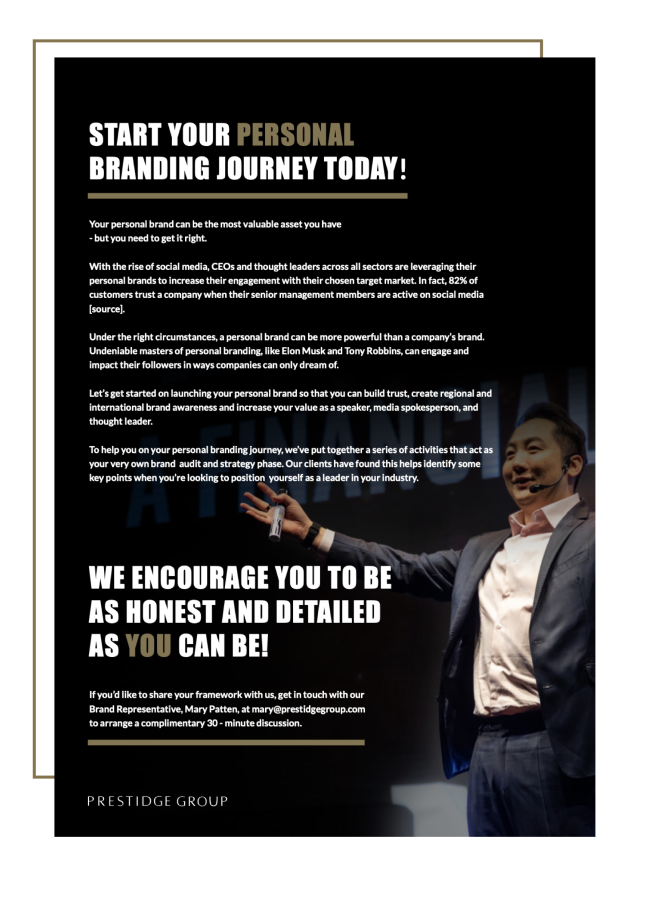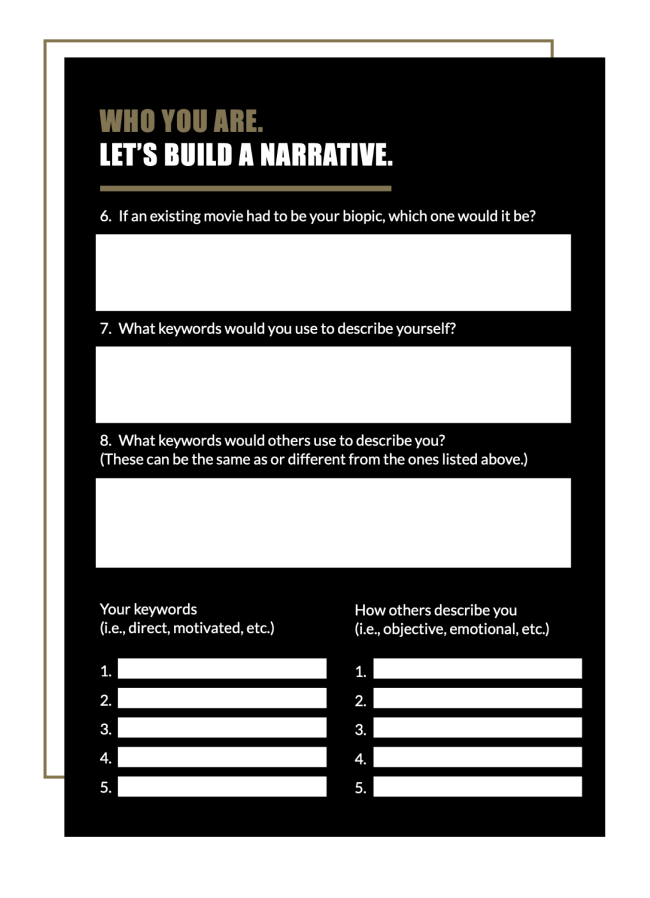Building a reputation through social media is a process that takes time and effort, but can pay off in the long run. Social media platforms, such as LinkedIn,[1] Facebook, Twitter, and Instagram, offer individuals and businesses the ability to connect with a large audience quickly.
One way to establish a strong online presence is to consistently post high-quality content. This could include blog posts, videos, infographics, or other types of content that provide value to your audience. By consistently providing valuable content, individuals and businesses can position themselves as experts in their field and build trust with their audience.
Another way to build a reputation through social media is to engage with your audience. This means responding to comments and messages, hosting live Q&A sessions, and sharing user-generated content. By engaging with your audience, you can build a relationship with them, show that you care about their opinions, and gain valuable feedback on your products or services.
Another important aspect of building reputation through social media is managing your online reputation. This means monitoring what people are saying about you or your business online, and addressing any negative comments or reviews. By addressing negative comments, you can show that you are responsive and care about your customers’ satisfaction.
On the same lines, you should determine which social media channels are the most appropriate for your brand goals. For example, if you are a C-Suite executive looking to highlight your industry knowledge or business savvy, LinkedIn is a far more credible and relevant app than Facebook. If you are a celebrity or your main target audience is consumers, particularly those over 35, Facebook might be more appropriate, just as TikTok is a better alternative to reach Gen Z and younger audiences. Make sure that the social media channels you select are in keeping with your values and brand positioning. For example, since Twitter changed ownership in October 2022, quality control, account monitoring and security protections have declined dramatically even as the percentage of racist, homophobic, anti-Semetic or sexist Tweets increased. As such, many social users are moving away from Twitter to alternatives like Mastodon, Tumblr, or CounterSocial. Consult with experienced personal branding and social media experts or read analyses and reviews of each of the social media channel options to weigh both the pros and cons that each specific channel offers to not put your personal reputation at risk.
In conclusion, building a reputation through social media takes time and effort, but can pay off in the long run. By consistently posting high-quality content, engaging with your audience, and managing your online reputation, individuals and businesses can establish themselves as experts in their field, build trust with their audience, and gain a competitive advantage.













